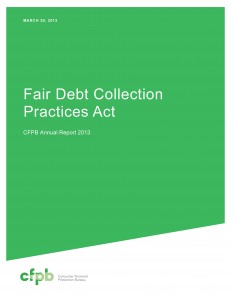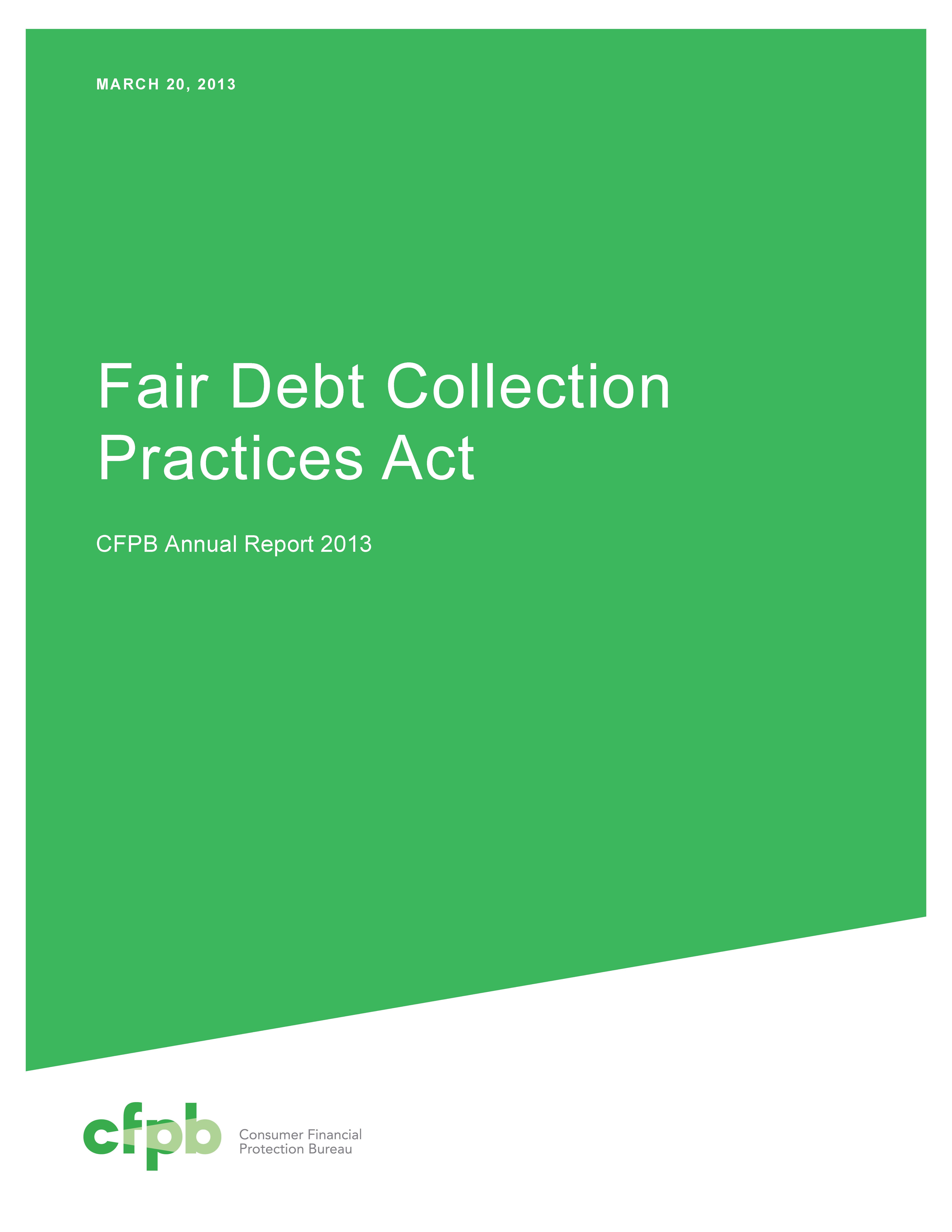The Consumer Financial Protection Bureau today released its Annual Report to Congress on the Fair Debt Collection Practices Act (“FDCPA”).
The Report outlines the consumer complaints received by the Bureau and the Federal Trade Commission relating to FDCPA practices, the Bureau’s efforts in supervising persons subject to the FDCPA, its enforcement, education and outreach efforts and its research and policy initiatives. A chapter is also devoted to the cooperative efforts of the Bureau and the FTC.
Technology has played a role in making debt collection more efficient and compliant, the Report found. At the same time, “abuses still exist and the industry remains a top source of consumer complaints.” But, “debt collectors who refrain from using unlawful debt collection practices should not be competitively disadvantaged.”
Although debt collection continues to receive the most complaints compared to other regulated industries, the Report found that the number of complaints made against third-party debt collectors fell 13.4 percent in “absolute terms” from 2011.
The most frequent complaints concerned allegations that debt collectors called persons “repeatedly or continuously,” but the number of these complaints were down 21 percent from 2011.
On its supervision, the Bureau reported that it will be evaluating “the quality of the entity’s compliance-management systems,” something I’ve been discussing in presentations over the past year. In addition, it plans to “review practices to ensure they comply with Federal consumer financial laws, and identify risks to consumers throughout the debt collection process.” What those “risks” may be should start to be seen this year. Collection practices with time-barred debt is likely one.
This nicely segues the Report into a review of its American Express enforcement action, which did include remedial action addressing the collection of time-barred debt.
Marx v. General Revenue is discussed in the advocacy section and the Report notes that the Bureau’s position was rejected by the Supreme Court. Read more about the Marx decision here.
Commentary by the FTC is also included in the Report. The FTC devoted some discussion to the Asset Acceptance Consent Order (which also addressed collecting on time-barred debt and you can read more about that here) and its letter closing its investigation into RJM Acquisitions (again, time-barred debt) which will be the subject of a forthcoming article on these pages.
The entire report is available below.


